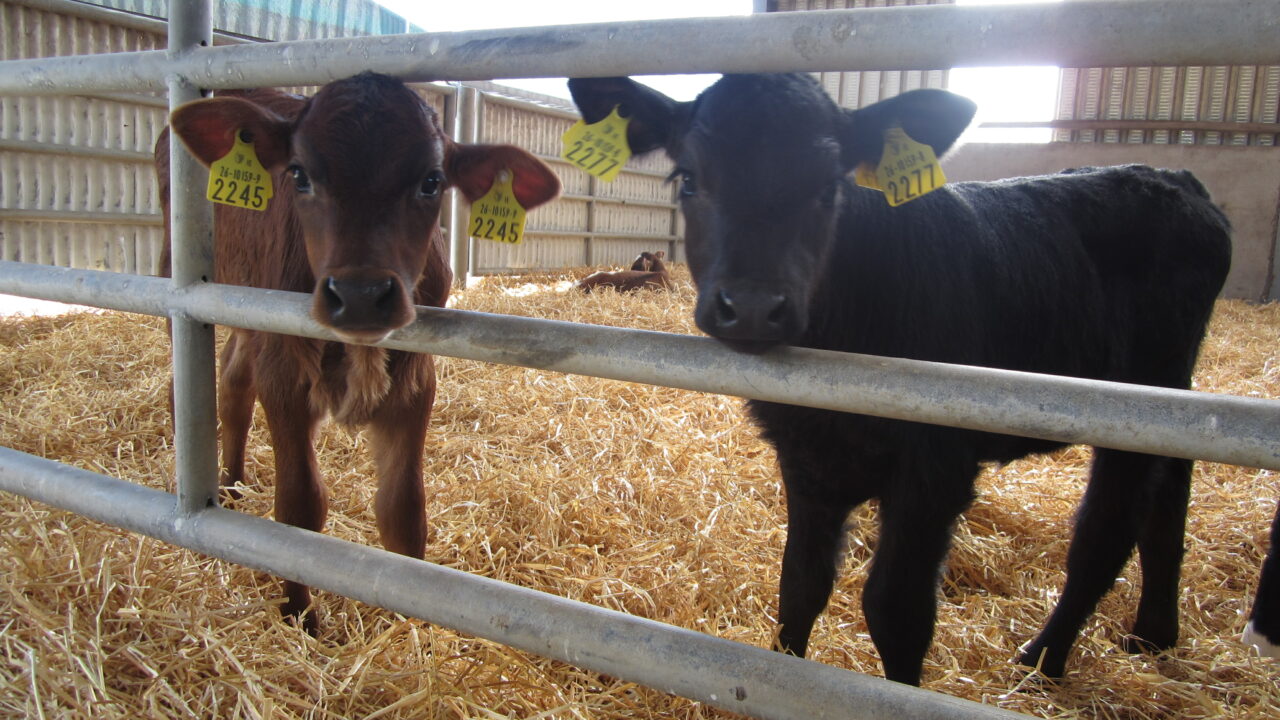Upcoming changes to existing compliance movement requirements to be implemented from Monday, February 4 have been described as “unfair, unnecessary and unwieldy”.
This is according to the deputy president of the Irish Creamery Milk Suppliers’ Association (ICMSA), Lorcan McCabe.
In addition to that reduction, it will be a mandatory requirement that all applications for a movement certificate of compliance – both manual and online – must specify the destination herd.
McCabe explained: “This change will have a direct effect on those farmers who sell directly from their yard to different herd owners who only choose calves on the day and will undoubtedly slow or prevent these potential sales taking place.
The changes are completely contrary to the simplification agenda that we were meant to be seeing and fails to recognise the massive pressure farmers are under at that time of year.
“The reduction of the days allowed could mean more use of online facilities but for many farmers in rural areas – with poor to non-existent broadband facilities – there’s likely to be a lot more paperwork and delays in selling calves.”
Continuing, McCabe said: “On top of that, in 2017, over 25% of farmers used the paper-based applications where the destination herd number could simply be written in at time of sale.
“The new system, by contrast, has the potential to slow down the sale of calves by several days and also increases the risk of errors.
“I have to say that I think the Department’s decision to proceed with these changes is completely ‘over the top’ and very unfair on the majority of compliant farmers using this system.
ICMSA would ask the minister to instruct the department to review its position and allow compliant farmers to continue with the current regime.
“If the department is serious and sincere about de-clogging administration and simplifying processes so that farmers can more easily comply then they need to reverse this,” concluded McCabe.
Calf-rearing profit concerns
On the drystock side, another farm-lobby group, the Irish Cattle and Sheep Farmers’ Association’s (ICSA’s) beef chairman, Edmund Graham, has urged beef farmers to cease the practice of rearing New Zealand influenced dairy-bred calves.
Graham has urged farmers to cease the practice as he believes it “makes no financial sense whatsoever”.
The ICSA beef chairman was responding to recently released Teagasc figures which suggested a dairy farmer would need to pay a beef farmer €140 on top of a Jersey-cross calf to finish him as a 24-month steer at current beef prices.
